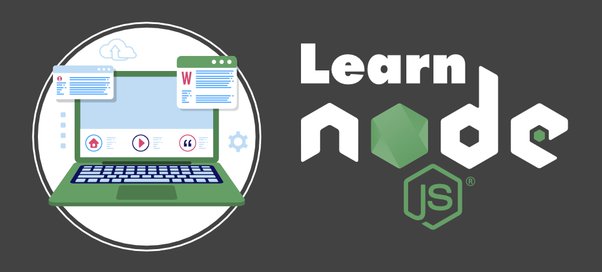To effectively learn Node.js and Express.js within a month as a beginner, it's important to focus on foundational concepts that will give you the skills to build functional and secure web applications. Here's a breakdown of the most important concepts to cover in a one-month course:
Week 1: Introduction to Node.js
-
Node.js Basics
- What is Node.js and its use cases
- Understanding the event-driven, non-blocking I/O model
- Setting up Node.js environment and running a basic script
- The Node.js REPL (Read-Eval-Print Loop)
-
Core Modules
- File System (
fs) - HTTP (
httpandhttps) - Path (
path) - Process (
process) - Buffer and Streams
- File System (
-
NPM (Node Package Manager)
- Installing and managing packages
- Understanding
package.jsonand semantic versioning - Creating your own modules
Week 2: Introduction to Express.js
-
Express.js Basics
- What is Express.js and why use it?
- Setting up a basic Express server
- Routing and route parameters
- Handling query strings and URL parameters
-
Middleware
- Understanding middleware functions
- Built-in middleware (e.g.,
express.json,express.urlencoded) - Custom middleware
- Error-handling middleware
-
Serving Static Files
- Serving static files using
express.static - Setting up a basic HTML, CSS, and JS frontend
- Serving static files using
Week 3: Building RESTful APIs with Express.js
-
RESTful API Concepts
- Understanding REST architecture
- CRUD operations: Create, Read, Update, Delete
- HTTP methods: GET, POST, PUT, DELETE
-
Working with Data
- Handling JSON and form data
- Using query parameters and request bodies
- Basic validation and sanitization
-
Connecting to a Database
- Introduction to MongoDB or any relational database (e.g., PostgreSQL)
- Using Mongoose (for MongoDB) or Sequelize (for SQL) as ORM
- CRUD operations with a database
Week 4: Advanced Topics and Best Practices
-
Authentication and Authorization
- User authentication with JWT (JSON Web Tokens)
- Session-based authentication
- Protecting routes with middleware
-
Error Handling and Logging
- Centralized error handling in Express
- Logging with tools like Winston or Morgan
-
Security Best Practices
- Securing your Express app (e.g., Helmet, rate limiting, CORS)
- Input validation and preventing SQL/NoSQL injection
-
Deployment
- Deploying a Node.js/Express app to platforms like Heroku or Vercel
- Setting up environment variables for production
- Basic CI/CD concepts
-
Final Project
- Build a full-fledged RESTful API or a small web application
- Include user authentication, CRUD operations, and proper error handling
By following this structured approach, you'll cover the most essential topics needed to start building real-world applications with Node.js and Express.js within a month.
